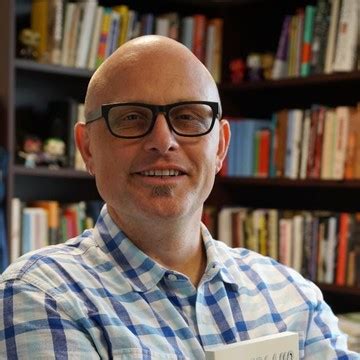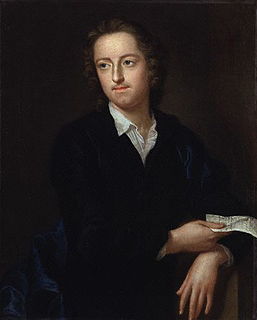A Quote by Christopher Hitchens
I learned that to be amusing was not to be frivolous and that language - always the language - was the magic key as much to prose as to poetry.
Related Quotes
We believe we can also show that words do not have exactly the same psychic "weight" depending on whether they belong to the language of reverie or to the language of daylight life-to rested language or language under surveillance-to the language of natural poetry or to the language hammered out by authoritarian prosodies.
Poetry has an indirect way of hinting at things. Poetry is feminine. Prose is masculine. Prose, the very structure of it, is logical; poetry is basically illogical. Prose has to be clear-cut; poetry has to be vague - that's its beauty, its quality. Prose simply says what it says; poetry says many things. Prose is needed in the day-to-day world, in the marketplace. But whenever something of the heart has to be said, prose is always found inadequate - one has to fall back to poetry.
Prose-it might be speculated-is discourse; poetry ellipsis. Prose is spoken aloud; poetry overheard. The one is presumably articulate and social, a shared language, the voice of "communication"; the other is private, allusive, teasing, sly, idiosyncratic as the spider's delicate web, a kind of witchcraft unfathomable to ordinary minds.
I feel like it's not so much a tradition as a system that has been codified over the centuries starting in the Renaissance that applies to any painted surface. So if you're engaging in paintings, this is the language that one has to learn and is obliged to speak. I was very fortunate that I learned this language when I was a kid before I went to California, where I learned the language of attitude. Somehow the two things began to coexist.
I have a funny relationship to language. When I came to California when I was three I spoke Urdu fluently and I didn't speak a word of English. Within a few months I lost all my Urdu and spoke only English and then I learned Urdu all over again when I was nine. Urdu is my first language but it's not as good as my English and it's sort of become my third language. English is my best language but was the second language I learned.
English has always been my musical language. When I started writing songs when I was 13 or 14, I started writing in English because it's the language in between. I speak Finnish, I speak French, so I'll write songs in English because that's the music I listen to. I learned so much poetry and the poetic way of expressing myself is in English.


































